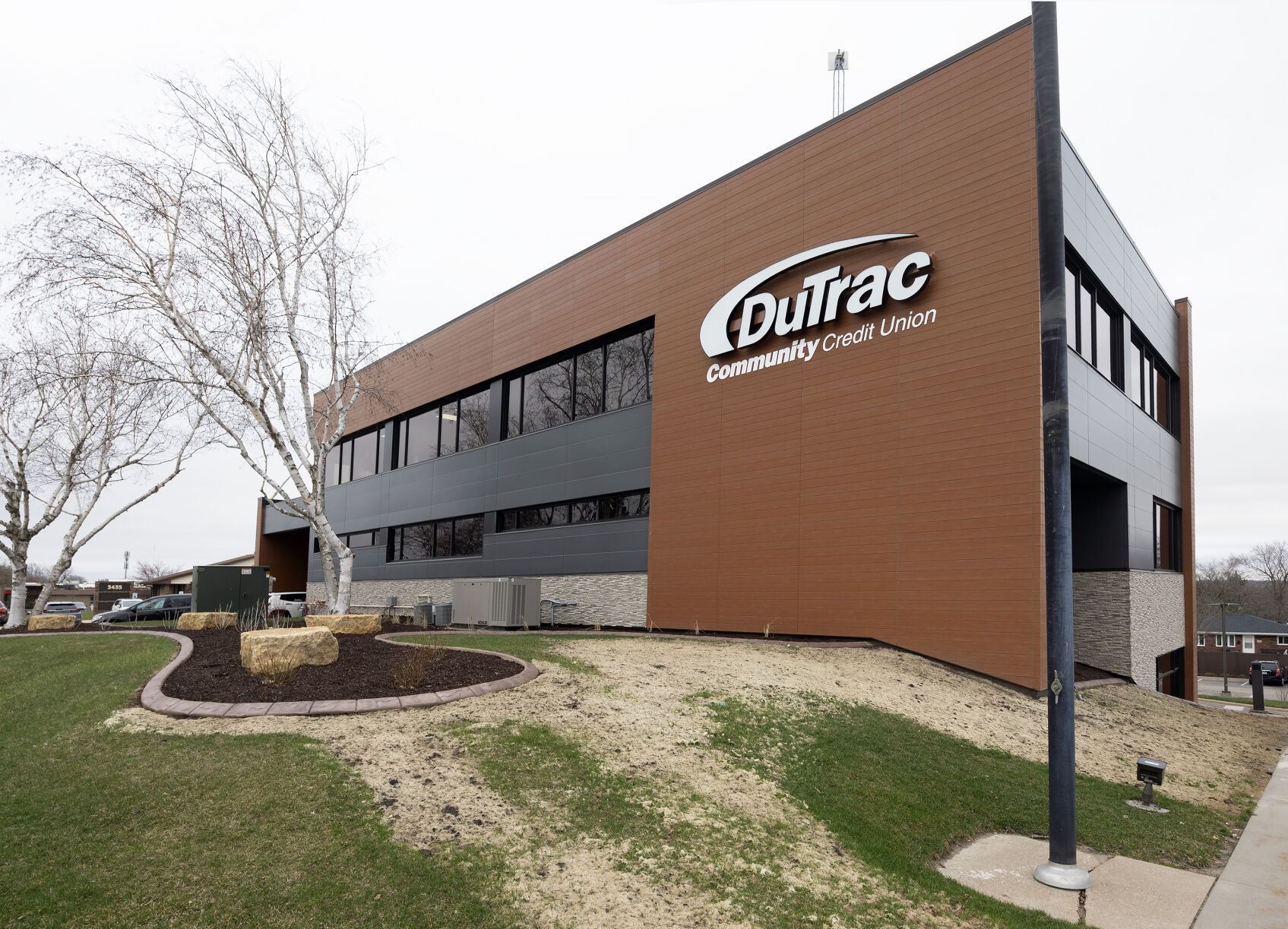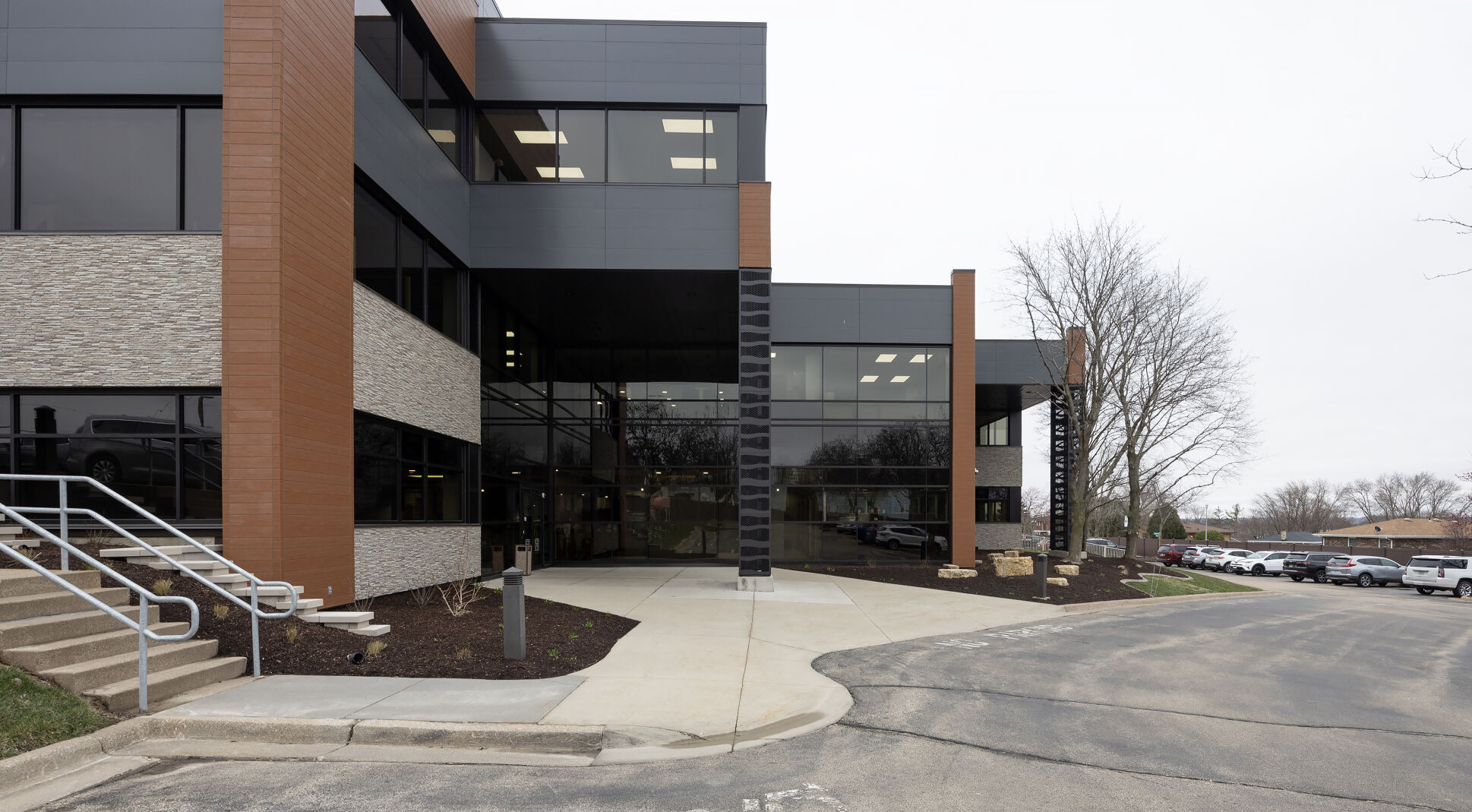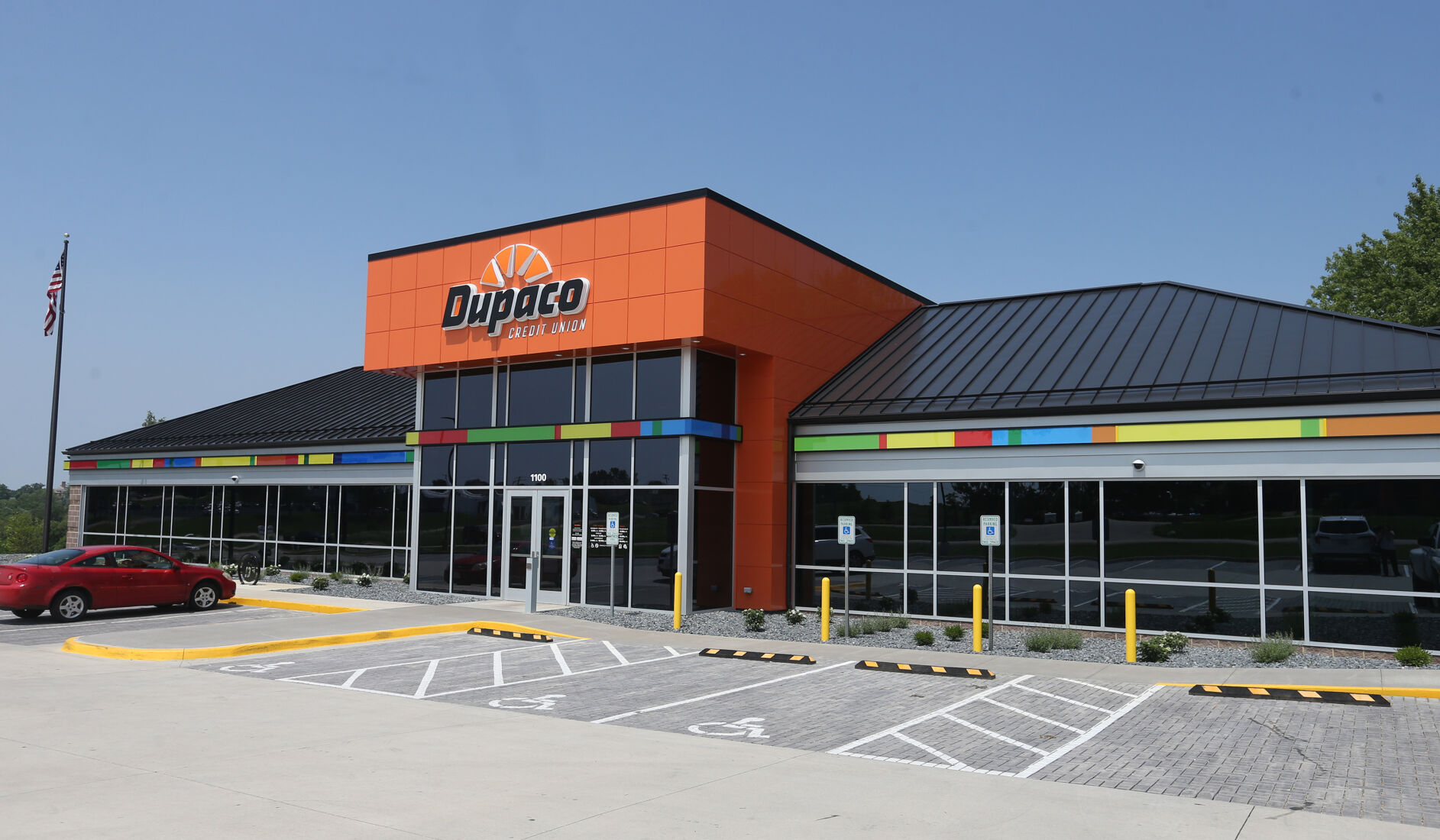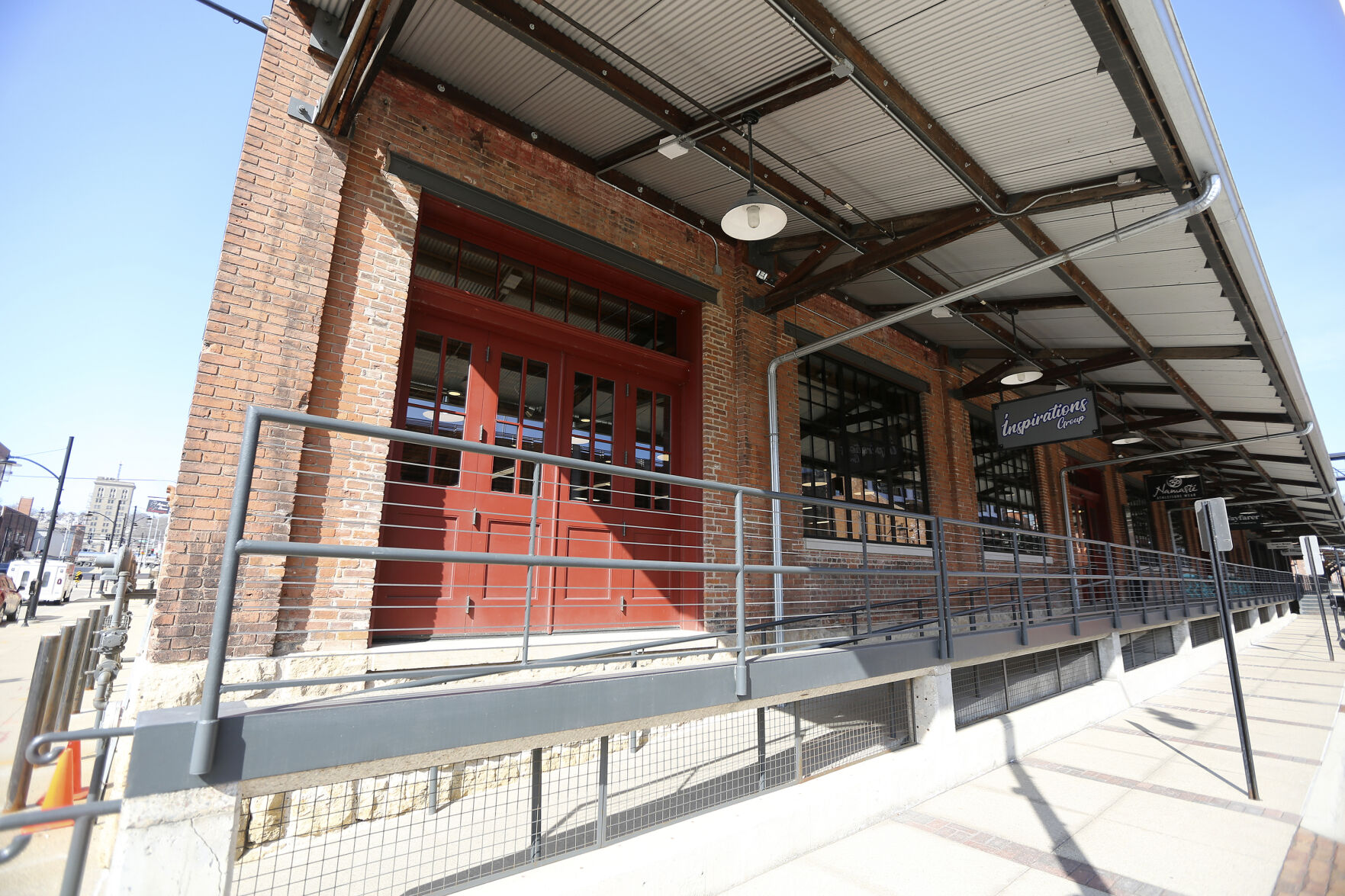Financial literacy shares at least one characteristic with Polaroids, landline telephones, and videocassettes.
All of these things — along with thousands of other technologies, services, products and jobs — have been changed by technology in ways few people could have imagined in 2004, the first year April was recognized as Financial Literacy Month by the National Endowment for Financial Education. And many, but not all, of those technological changes have been good when it comes to the financial literacy of typical consumers.
“With our technology, you can get real-time notifications to your phone — if you select to have them — of any transaction that occurs on your account,” said Tyson Leyendecker, president of Capra Bank in Dubuque. “You would know instantly what clears or what didn’t clear your account. So instead of doing a 30-day lookback on reconciling your account, it’s in real time. You could reconcile the second that that transaction occurs.”
That kind of technology can help someone who never learned how to balance a checkbook — a real problem at a time when the average American adult lost $1,819 in 2022 because of financial errors, according to data compiled by the National Financial Educators Council.
Financial literacy “is a learning curve,” Leyendecker said. “Because of the technology, you get up the learning curve faster.”
He added that typical consumers in the Dubuque area are more financially literate than average Americans.
“I think that stems from being more conservative, which is a good thing,” he said.
Jason Norton, senior vice president of marketing at DuTrac Community Credit Union, says consumers shouldn’t rely totally on technology.
Especially since the outbreak of COVID-19, Norton said, there has been a greater adoption of digital technology, which is having a big impact in the financial industry.
“But with that technology comes something a little bit darker,” he said. “And that’s the fraudsters and the ability for them to take funds away from honest people who’ve worked hard for their money. People need to know about the key elements of fraud when using technology. Artificial Intelligence is coming. It is amazing the types of fraud that can be committed. But it is also amazing how technology can help root out these kinds of issues, enhance people’s lives and make their financial lives better and easier.”
He encouraged anyone who is contacted by email, text message or phone call from anyone who claims to be the consumer’s financial institution to go to their bank or credit union to verify the contact.
“DuTrac has access to a number of resources,” Norton said. “I’m not trying to tell people that they need to come to DuTrac to learn about financial literacy, but that’s one of the things we do best and if someone wants to come by and get some information, we’re more than happy to help them.”
Most credit unions, banks and other organizations, such as Iowa State University Extension and Outreach, offer programs to help consumers improve their financial literacy.
“We always try to arm people with what they need to be able to make their own smart financial choices for the future,” said Tony Viertel, community outreach and education manager at Dupaco Community Credit Union. “We’re teaching people about credit — what that means, how to use it at a young age, especially with inflation going on, how to budget, how to set aside savings. That way they don’t have to turn to us when they need a loan. They have that money set aside already.”
Leyendecker said it is important for financial institutions to tailor their services in order to help their customers and clients obtain the best possible outcomes.
“Customers are not utilizing branches as much as they had been, while they still want a physical footprint to come into, because when they do need to go into the bank, they actually need something,” Leyendecker said. “The technology that is available has changed to match those client trends and to meet client demands. Our focus is on how we improve for our clientele, to make a better experience for them and make their banking easier.”












